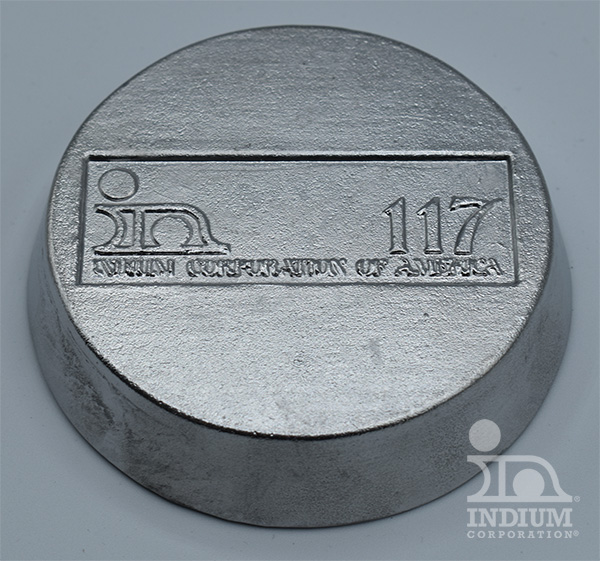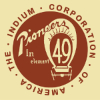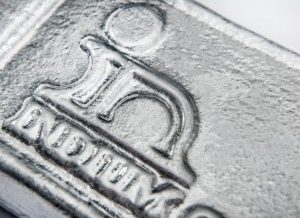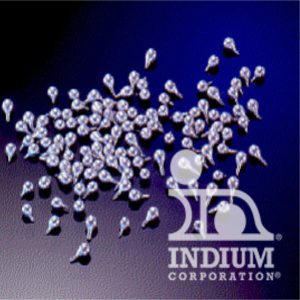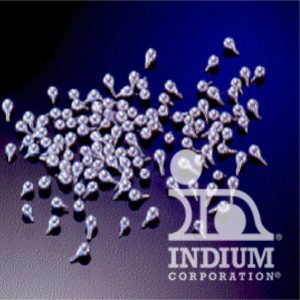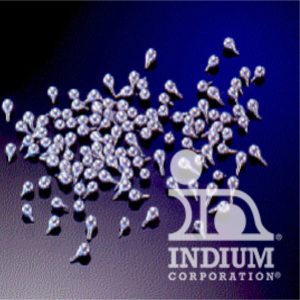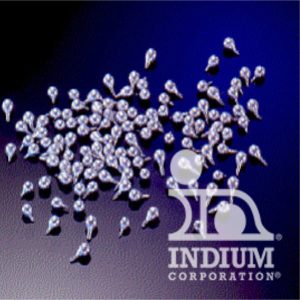#117 Alloy
Eutectic Alloy
Liquidus: 117F – 47C
Solidus: 117F – 47C
Yield Temperature: 117F
Weight: 0.32 lb/in3
Tensile strength: 5.4 ksi
Slow-load elongation: 1.5%
Brinell hardness: 12
Specific Heat
Liquid: 0.035 Btu/lb-F
Solid: 0.035 Btu/lb-F
Latent heat of fusion: 6Btu/lb
Coefficient of thermal expansion: 14
Electrical conductivity: 3.9% Cu
Fusible Alloys include a group of binary, ternary, quaternary, and quinary alloys containing Bismuth, lead, tin, cadmium and indium. The term fusible alloy refers to any of the more than 100 white-metal alloys that melt at relatively low temperatures.
Fusible alloys are materials that melt at less than 300F, well below the melting point of Tin-lead eutectic solders. The major component of fusible alloys is bismuth. Besides producing low melting point, bismuth also gives these materials the unique characteristic of expanding on freezing. This expansion, which can continue for hours or even days after freezing, has proven to be a useful property in many processes.
Fusible Alloys are classified as either eutectic or non-eutectic. In eutectic alloys, the melting point coincides with the freezing point. Non- eutectic alloys exhibit a range between the melting and freezing point in which the material is “mushy” or “pasty”.
Fusible Alloys are used for lens blocking and tube bending, for anchoring chucks and fixtures and for mounting thin sections such as gas turbine blades for machining. The eutectic fusible alloys, which can be tailored to give a specific melting point, find applications in temperature control devices and in fire protection devices.
Shipped quantities will be adjusted to best fit the specific ingot size available, and may be more or less than the quantity ordered. Invoice will reflect the quantity shipped.

